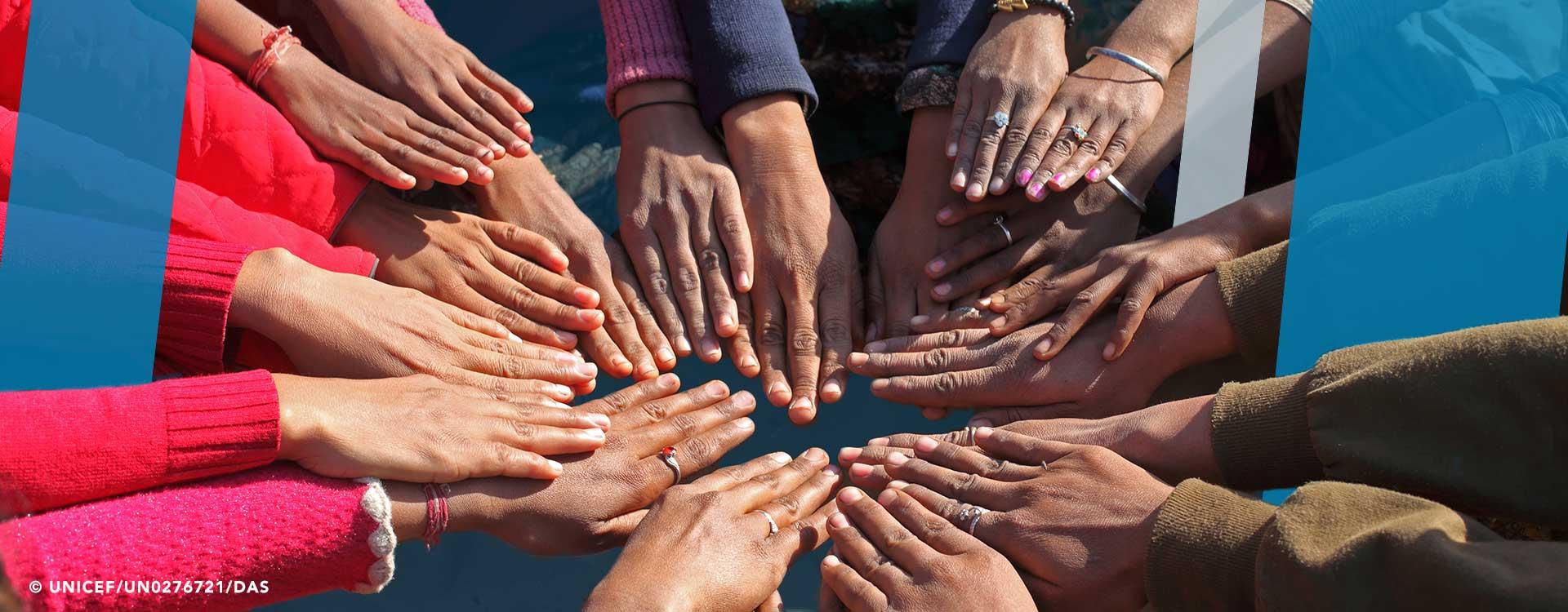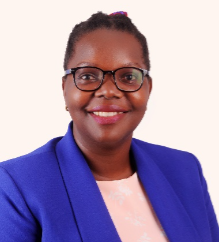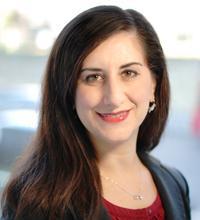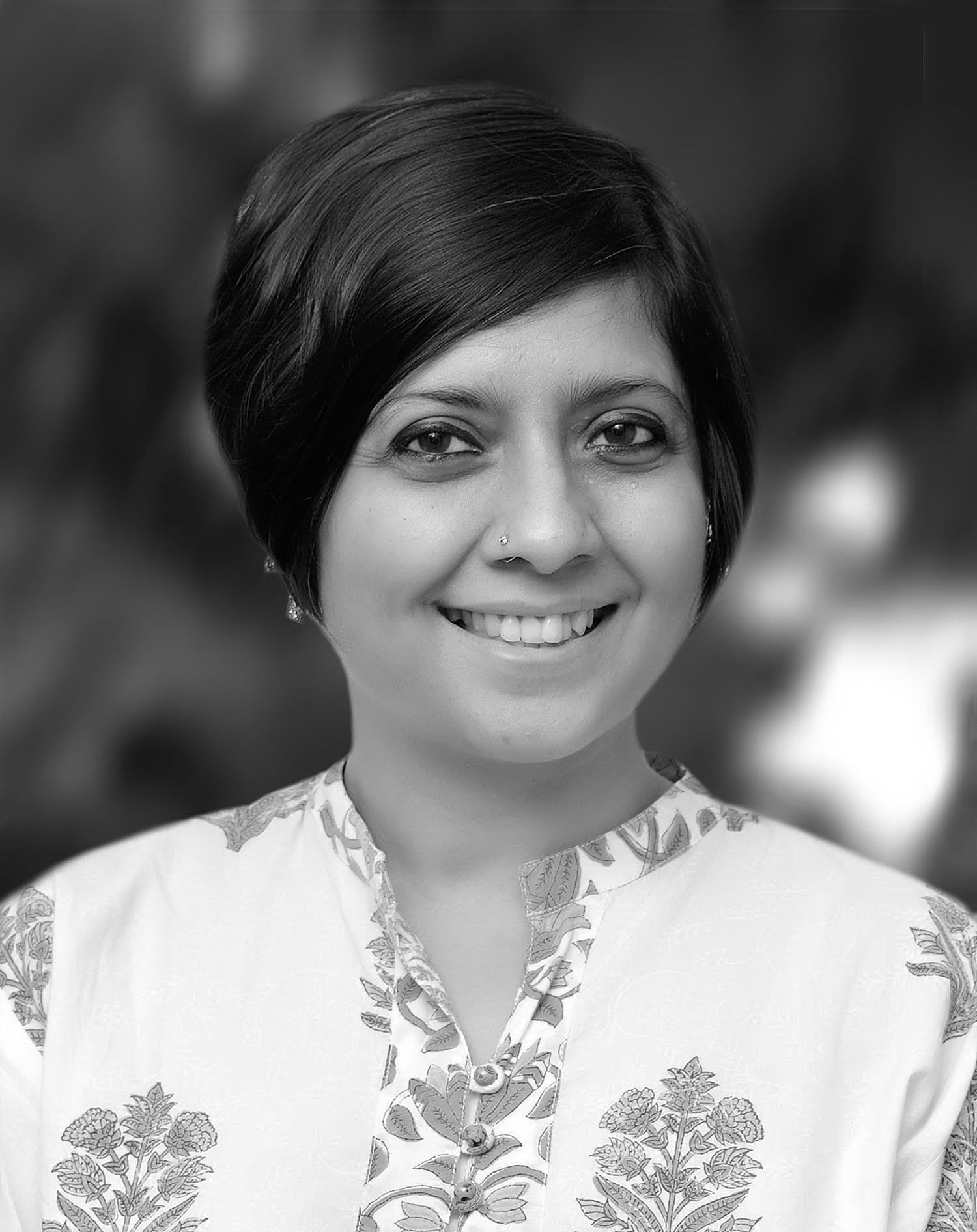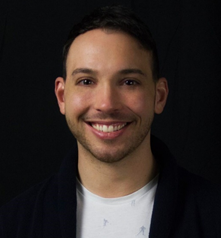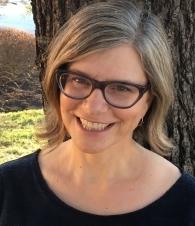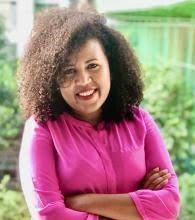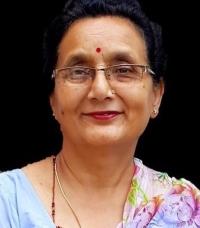Meet your GenderPro Instructors
Your expert instructor will help you troubleshoot challenges, review your work and offer personalised feedback – so you can apply each lesson directly to your work and your context
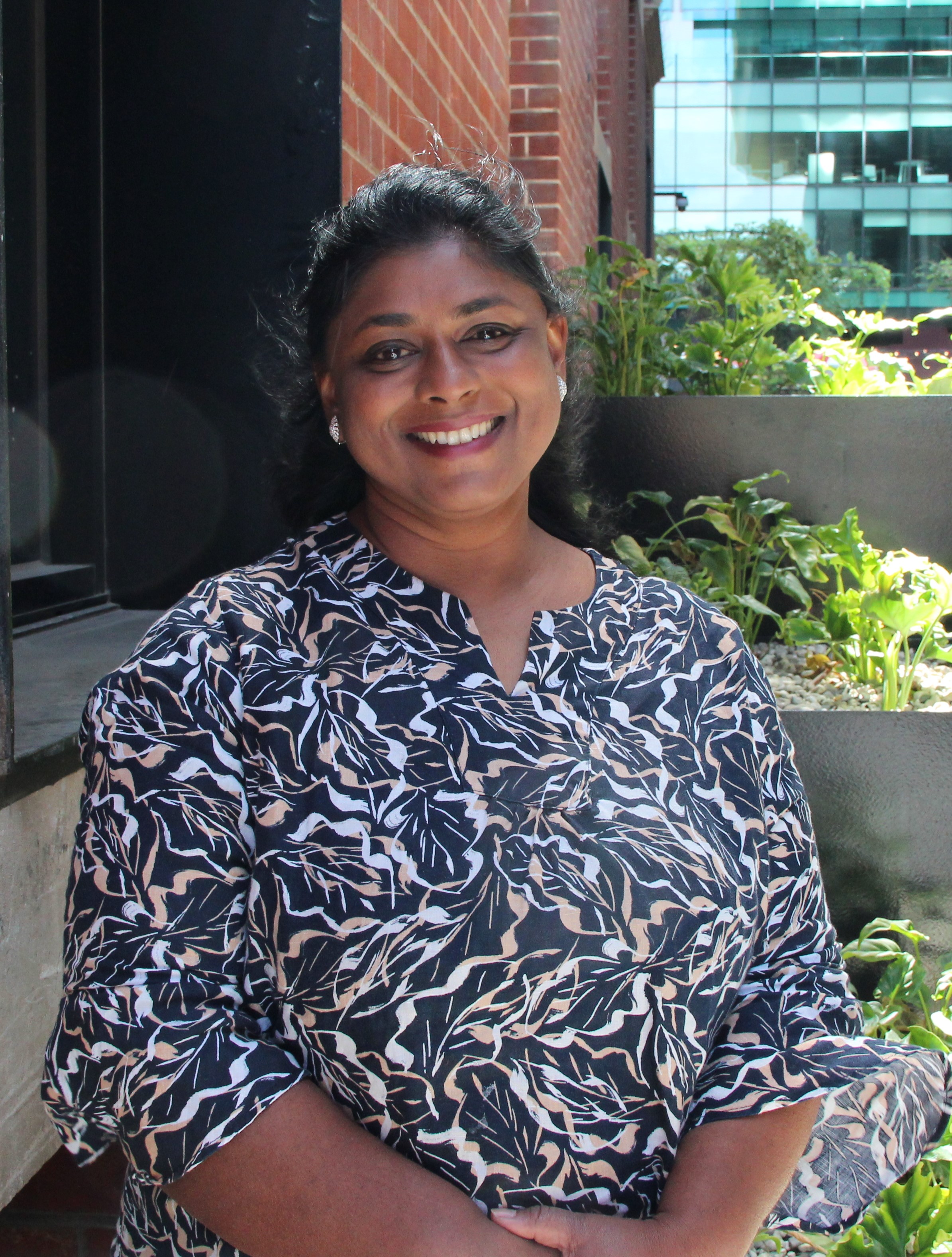
Anu Mundkur, PhD
Dr. Anu Mundkur is a passionate advocate for intersectional gender equality and social inclusion. As a strategically focused advisor, Anu has worked with not-for-profits, governments and the private sector, providing technical expertise and thought leadership on gender equality and social inclusion. She is highly skilled in developing robust systems and policies that deliver high-quality, measurable initiatives to promote intersectional gender equality and inclusion. She also provides specialist technical advice and offers thought leadership. She is an experienced applied policy researcher and skilled facilitator with many years of teaching and training on a range of gender-related issues. Widely published, Anu has co-authored and contributed to several respected white papers and has published in peer-reviewed journals.
Currently, Anu is working for Our Watch as Manager of Prevention Implementation (Media and Workplaces). Our Watch is a national organisation focusing on the primary prevention of violence against women.
She continues to provide consultancy services on gender equality and social inclusion, supporting international organisations in breaking down complex equality, diversity, and inclusion challenges to develop innovative solutions, networks, and partnerships for sustainable change.
Anu has been teaching GenderPro courses since 2020.
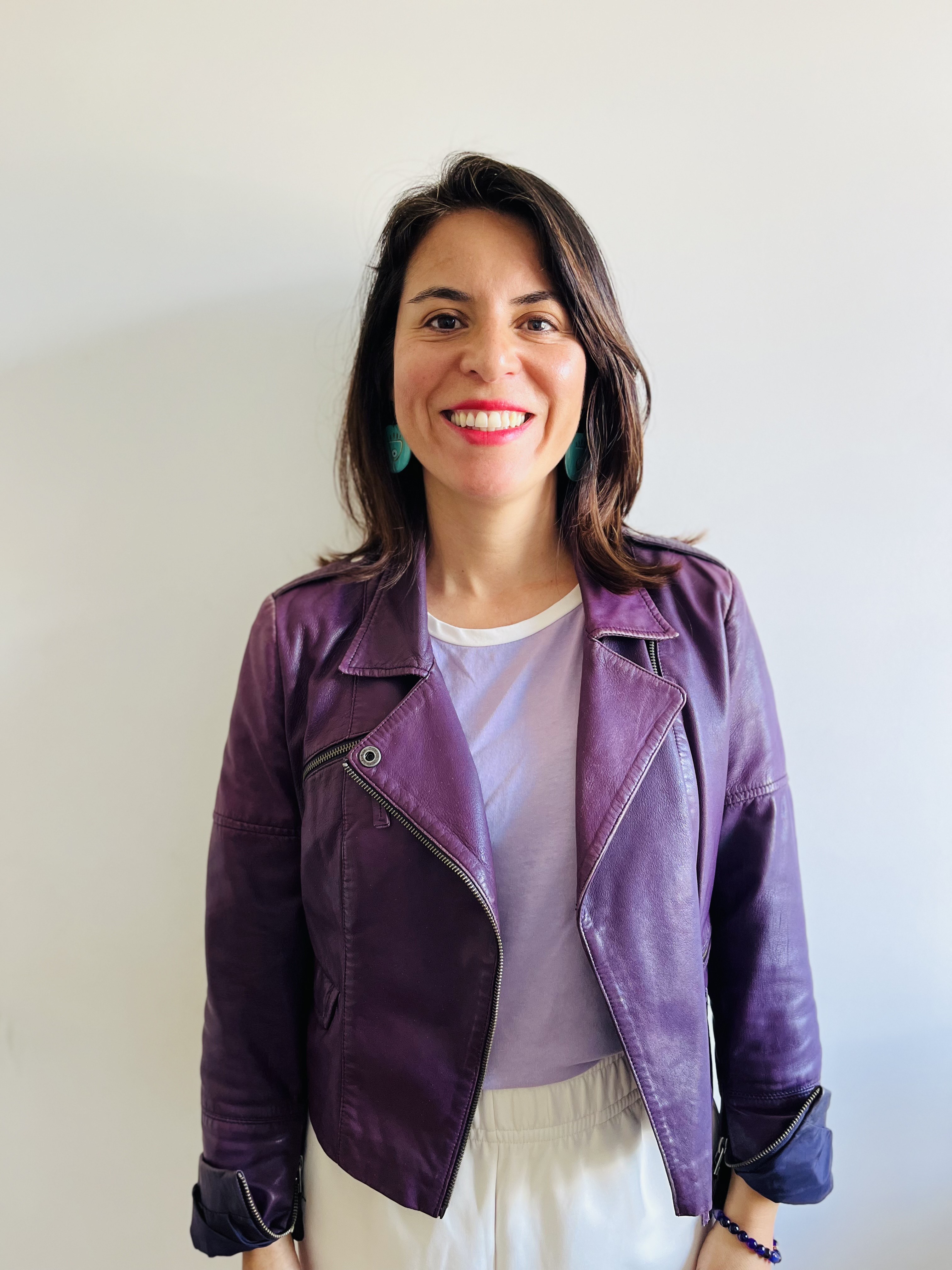
Daniela Moreno Alarcón, PhD
Dr. Daniela Moreno Alarcón is a senior international consultant and gender equality and sustainable development expert with over 15 years of experience supporting UN agencies, multilateral development banks, and governments in Latin America, Africa, and Asia. Dr. Moreno Alarcón specializes in gender-transformative programming, intersectional analysis, and developing gender-responsive frameworks and evaluation tools.
Since January 2020, she has served as an instructor for the GenderPro Capacity Building Course at the Global Women’s Institute at George Washington University, combining academic rigor with real-world field experience. Passionate about teaching and mentoring, she thrives on translating complex concepts into actionable knowledge, whether in the classroom or during field missions.
Most recently, she co-led the Gender Thematic Review of the UNDP Multi-Country Program for the Pacific (2023–2025), applying a human rights–based, intersectional lens to assess impact and strengthen institutional strategies for gender equality across the region.
Recognised as one of the leading experts in gender responsive tourism, Dr. Moreno Alarcón has developed gender assessments, strategies, and policy tools that are shaping inclusive and sustainable tourism systems.
Nancy Abwola
Nancy Abwola has over ten years’ experience in Violence against Women (VAW)/GBV programming, in both development and conflict settings. She has supported several NGOs, INGOs Faith-Based Organizations, governments and UN organizations in Sub Saharan Africa to strengthen their VAW programming using evidence based approaches. She also supports the World Bank (Uganda) to ensure risk of GBV is mitigated within the Bank funded projects. Nancy Abwola is an optimist who spreads her warm energy all around her.
Andrea Bertone
Andrea M. Bertone, Ph.D. has over 20 years of international development and research experience on gender integration, gender equality in education, human trafficking, female empowerment, and gender-based violence. She has managed projects, and conducted research about women and gender. She has co-authored two girls’ mentoring guides and authored several peer-reviewed articles on human trafficking. Dr. Bertone is the Director of FHI 360’s Gender Department, where she provides strategic programmatic and technical leadership, gender technical assistance across development sectors and geographic locations, and is overseeing the implementation FHI 360’s Gender Equality and Social Inclusion Framework 2.0. Concurrently, she serves as Adjunct Professor at George Washington University where she has been teaching graduate courses on human trafficking, and gender and development since 2006. Dr. Bertone holds a PhD in Government and Politics from the University of Maryland, College Park.
Former GenderPro Instructors
Amrita Basu
Asmita Basu has over 20 years of experience in project management, research, campaigning, advocacy and capacity development in the fields of gender and human rights. Her major work has been in the area of drafting laws and reviewing law/policy implementation on violence against women and women’s equality rights in India, Bangladesh and Lao PDR. She was involved in the drafting of India’s civil law on domestic violence and in implementing one of India’s largest violence against women prevention projects (‘Safe Cities Initiative’), supported by DFID in Madhya Pradesh. She has been invited in UN organized expert group meetings on gender rights and was listed as a CEDAW expert for capacity development in the Asia-Pacific region. Her extensive experience also includes conducting program and project evaluations, as well as providing technical advice for designing and implementing development aid programs on issues such as refugee rights, crime prevention, child rights, labour rights, governance and minority rights. She was a Fulbright Fellow (2009-2010) and a British Chevening Human Rights Scholar (1999-2002).
Nicholas Metheny, PhD
Nick Metheny, PhD, MPH, RN is an Assistant Professor at the University of Miami School of Nursing and Health Studies in Coral Gables, Florida, USA. He completed his PhD in Nursing Science at the University of Michigan, Ann Arbor in 2019. He holds a Master of Public Health (MPH) in Global Health Policy from The George Washington University, a BA in Public Health at The College of William and Mary, and a Bachelor of Science in Nursing from the University of Pennsylvania. Nick’s research interests center on reducing and preventing intimate partner violence in multiply-marginalised populations, including LGBT+ populations and women in low- and middle-income countries. He is more broadly interested in the prevention of intimate partner violence and its clinical sequelae through structural, community-based interventions.
Deviyani Dixit
Deviyani Dixit has experience working on gender issues and violence against women and girls in the Pacific Islands (PNG, Fiji, Vanuatu, Samoa, Solomon Islands and Tuvalu) and South Asia (Nepal, Bangladesh, India, Sri Lanka). From her prior work experience at the World Bank, Deviyani brings expertise on EVAWG programming in operational sectors of the World Bank such as Transport and Extractives. In this capacity, she led the development and pilot testing of a GBV and Child Protection Codes of Conduct and Action plan along with supporting activities to prevent and mitigate risks of sexual exploitation and abuse and sexual harassment on World Bank transport projects in the Pacific Islands. Deviyani has worked with local service providers, women’s groups and Governments in the Pacific Islands to develop GBV and Child Protection training materials, identify and support appropriate referral pathways and support M&E frameworks. Deviyani has led strategic communication campaigns on gender at the World Bank and currently leads all communications and outreach at the Global Women's Institute. Deviyani holds a Master's in International Development and Social Change (IDSC) from Clark University.

Chelsea Ullman
At the Global Women’s Institute, Chelsea plays a primary leadership role in the What Works to Prevent Violence Against Women and Girls Research and Evidence Consortium. She joined the Global Women's Institute at its founding while serving as a Presidential Fellow at the George Washington University (a selective program that offers high-achieving students the opportunity for professional development while completing a master’s degree).
Chelsea has contributed to the strategic growth of the Global Women's Institute by developing key policy initiatives and communications and outreach programs, as well as participating in research on violence against women and girls globally. Chelsea holds a PhD in public policy and public administration, focused in gender and social policy, from the George Washington University. Her doctoral work explored theories of justice for survivors of campus sexual assault in the United States, with a goal of improved policymaking on the issue. Chelsea is committed to amplifying the voices of survivors of violence in research and policy.
Anne Eckman, PhD
Anne Eckman brings twenty years of experience in participatory, gender-transformative approaches to advancing gender justice, health equity, and the rights of women, girls, and marginalized communities in the US and globally. Her sectoral areas of focus include sexual and gender-based violence (SGBV), HIV/SRHR, and more recently mental health, trauma, and resilience. Anne currently splits her time between providing technical assistance for global SGBV and health programs and direct trauma-focused counseling with survivors of sexual and gender-based violence, forced migration, and torture. Previously, Anne led the gender and advocacy portfolios of a large, global SRH/HIV program with a 35-country reach and co-authored many of the core gender integration training materials used by USAID. Anne holds a PhD in Cultural Studies, completed post-doctoral training in public health, and earned a master’s degree in clinical social work with a focus on violence prevention and trauma. She has worked in the US and 25+ countries including Bolivia, Mexico, Jamaica, Nepal, Tanzania, and the Balkans.
Asif Saeed Memon
An independent consultant with a focus on education and gender, Asif has worked on girls’ education, child marriage and gender data with UNICEF in the past. Previously, Asif worked on education data, social accountability and economic policy with the Sustainable Development Policy Institute in Pakistan.
Laxman Belbase
Laxman Belbase has over 17 years of experience working with and providing technical support to various I/NGOs, UN Agencies and Government in the areas of Gender Equality and Justice, Child Rights, SRHR for all, and transforming masculinities and working with boys and men in gender justice. He is experienced in organizational development and strategic planning, program development and implementation, monitoring and evaluation, and advocacy for gender equality & child rights. Laxman currently works as Global Co-Director at MenEngage Alliance. Prior to this Laxman worked for Save the Children Sweden, as Global Gender and Health Advisor for 7 years and played an instrumental role in the development of the agency's gender policy and various tools. Laxman is also a member of the CSO Global Reference Group of the UN Spotlight Initiative.
Saima Abbasi
Saima Abbasi has 15 years of international and national level work experience serving in fragile, conflict sensitive zones for IDPs and refugee populations in Pakistan, Sudan, South Sudan, Malawi, Uganda, and Syria. She is an expert in gender, prevention of sexual exploitation and abuse (PSEA), gender-based violence, civil society engagement, social protection, monitoring and evaluation (M&E), UN Cluster coordination, disaster risk management, capacity building, communication, reporting, donor coordination, and resource mobilization. She loves traveling, music, reading poetry, and literature.
Samrawit Assefa
Samrawit has more than ten years of experience in theareas of Gender Based Violence (GBV) Prevention and Response both in development and humanitarian settings. She has worked with different governmental, non-governmental, Community Based Organizations and UN agencies to establish and improve GBV systems in different capacities toward improving the
wellness of women and girls. Samrawit has worked directly with refugees, Internally Displaced People (IDPs) and local communities and has experience working globally and nationally (Ethiopia) providing direct case management and psychosocial support services, coordinating with different agencies to establish systems to support survivors of GBV. Samrawit is a native Amharic and Tigrignya speaker, is fluent in English and has basic Italian language skills.
Sarita Karki
Sarita Karki is a gender professional with more than 20 years of experience in gender-integrated programming, gender in emergency response, social inclusion and program management, planning and designing and conducting gender analysis. She has designed and delivered gender trainings to national and international project teams, and has a profound knowledge of gender within the Asian context. Sarita is a member of national and international networks, including the CARE International Gender Cohort. Currently amidst the COVID-19 pandemic, Sarita Karki has conducted several gender rapid assessments on it sectoral impact, including its socioeconomic impact on women.
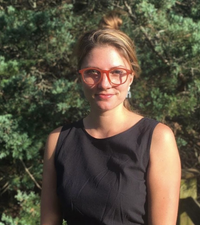
Andrea Koris
Andrea Koris brings over a decade of experience supporting community-based and transnational initiatives responding to gender-based violence and supporting the health and bodily integrity of women and girls across the U.S. border-Mexico border, Central America and East Africa. As a mixed methods researcher she is specialized in trauma-informed, participatory qualitative methods and facilitating participatory data analysis. She is a published author on various topics including novel methods of gender-based violence prevention; adolescent sexual and reproductive health; and decolonizing aid and donor governance.
Andrea holds a MSc in Global Health from Duke University. In addition to focusing on GBV research she works as a full spectrum doula, and is interested in the impacts of climate change on preventing sexual exploitation and abuse in humanitarian aid, on GBV risk mitigation and response, and on maternal, sexual, and reproductive health access writ large.


